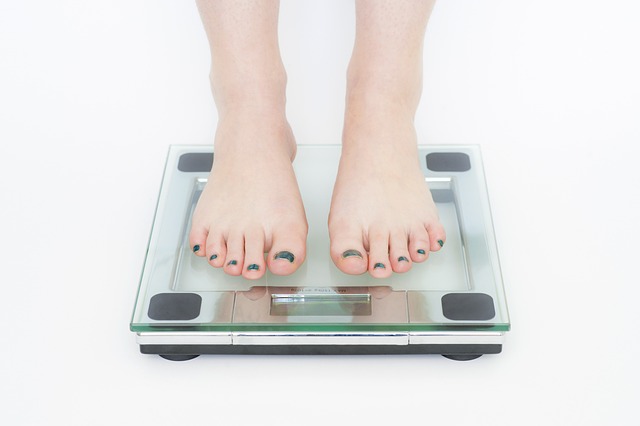If you have an irresistible desire to eat specific foods, rest assured that you are not alone.
Although these hard-to-ignore food cravings are common, they can lead to overeating, snacking on unhealthful foods, and negative health consequences like weight gain.
For several years scientists have been working on deep brain stimulation in humans to control impulsive behavior.
Now, in a clinical trial, a small device that detects binge-eating impulses in the brain and delivers pulses of electricity to block that region has been tested successfully.
The researchers at the Perelman School of Medicine at the University of Pennsylvania conducted a pilot clinical trial in two patients with loss-of-control binge eating disorder (BED).
During the trial, researchers followed these two patients for six months, during which the implanted device monitored activity in the brain. The device automatically stimulated that brain region, disrupting the craving-related signals.
The devices worked well with no adverse effects detected
The patients reported far fewer binge episodes during six months of treatment. Both the patients lost around 11 lb (5 kg) of weight without any direction for a dietary intervention.







